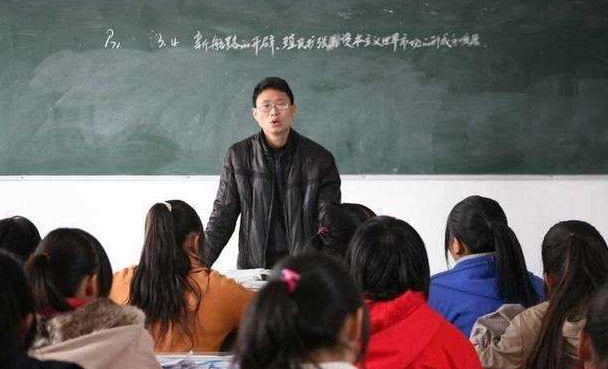FUZHOU, China — The history class began with a lesson on being manly.
中國福州――歷史課以如何表現男子氣概作為開始。
Lin Wei, 27, one of a handful of male sixth-grade teachers at a primary school here, has made a habit of telling stories about warlords who threw witches into rivers and soldiers who outsmarted Japanese troops. “Men have special duties,” he said. “They have to be brave, protect women and take responsibility for wrongdoing.”
27歲的林偉(音)是這個小學六年級教師中屈指可數的幾位男教師之一,他上課時喜歡講一些故事,比如把巫婆投進河水的軍閥,還有智勝日本軍隊的中國軍人。“男人要有擔當,”他說。“他們要勇敢,要保護女人,要為自己的錯誤承擔責任。”
Worried that a shortage of male teachers has produced a generation of timid, self-centered and effeminate boys, Chinese educators are working to reinforce traditional gender roles and values in the classroom.
中國教育者擔心缺乏男教師會造就一代怯懦、自我中心、娘娘腔的男孩,他們努力在課堂上鞏固傳統性別角色和價值觀。
In Zhengzhou, a city on the Yellow River, schools have asked boys to sign pledges to act like “real men.” In Shanghai, principals are trying boys-only classes with courses like martial arts, computer repair and physics. In Hangzhou, in eastern China, educators have started a summer camp called West Point Boys, complete with taekwondo classes and the motto, “We bring out the men in boys.”
在黃河邊上的鄭州,學校要求男孩子們簽署保證書,行為舉止要像“真正的男人”。在上海,校長們在嘗試開設專門的男生班,教武術、電腦維修和物理之類課程。在中國東部的杭州,教育者開辦了名為“西點男孩”的夏令營,開設跆拳道之類課程,還有這樣一句營訓:“我們把男孩變成男人”。
Education officials across China are aggressively recruiting male teachers, as the Chinese news media warns of a need to “salvage masculinity in schools.” The call for more male-oriented education has prompted a broader debate about gender equality and social identity at a time when the country’s leaders are seeking to make the labor market more meritocratic.
中國的新聞媒體警告,學校需要“搶救男人氣概”,與此同時,中國各地的教育官員正在積極招募男教師。在中國領導人致力于讓勞動力市場更加注重人才的時候,增加男性化教育的呼聲已經引發了一場關于性別平等和社會認同的廣泛討論。
It also reflects a general anxiety about boys in Chinese society. While boys outnumber girls as a result of the longstanding one-child policy and a cultural preference for sons, they consistently lag in academic performance. Some parents worry about their sons’ prospects in an uncertain economy, so they are putting their hopes in male role models who they believe impart lessons on assertiveness, courage and sacrifice.
這也反映了中國社會關于男孩的普遍焦慮。由于長期的計劃生育政策,以及傳統文化對男孩的偏愛,中國的男孩遠多于女孩,但他們的學業表現往往相對落后。有些父母擔心兒子們在不確定的經濟環境中的前程,于是寄希望于男性榜樣力量,認為這些榜樣可以教會男孩堅定、果敢,有犧牲精神。
The view that there is an overabundance of female teachers that has had a negative effect on boys has, perhaps predictably, led to a backlash. Parents have accused schools of propagating rigid concepts of masculinity and gender norms, and female educators have denounced efforts to attract more male teachers with lavish perks as sexist.
認為女教師過多,對男孩產生了負面作用,這種觀點自然引起了反對。有家長指責學校宣揚關于男性作風和性別規范的僵化概念;也有女性教育者抨擊以豐厚待遇吸引更多男教師的做法,認為這是一種性別歧視。











